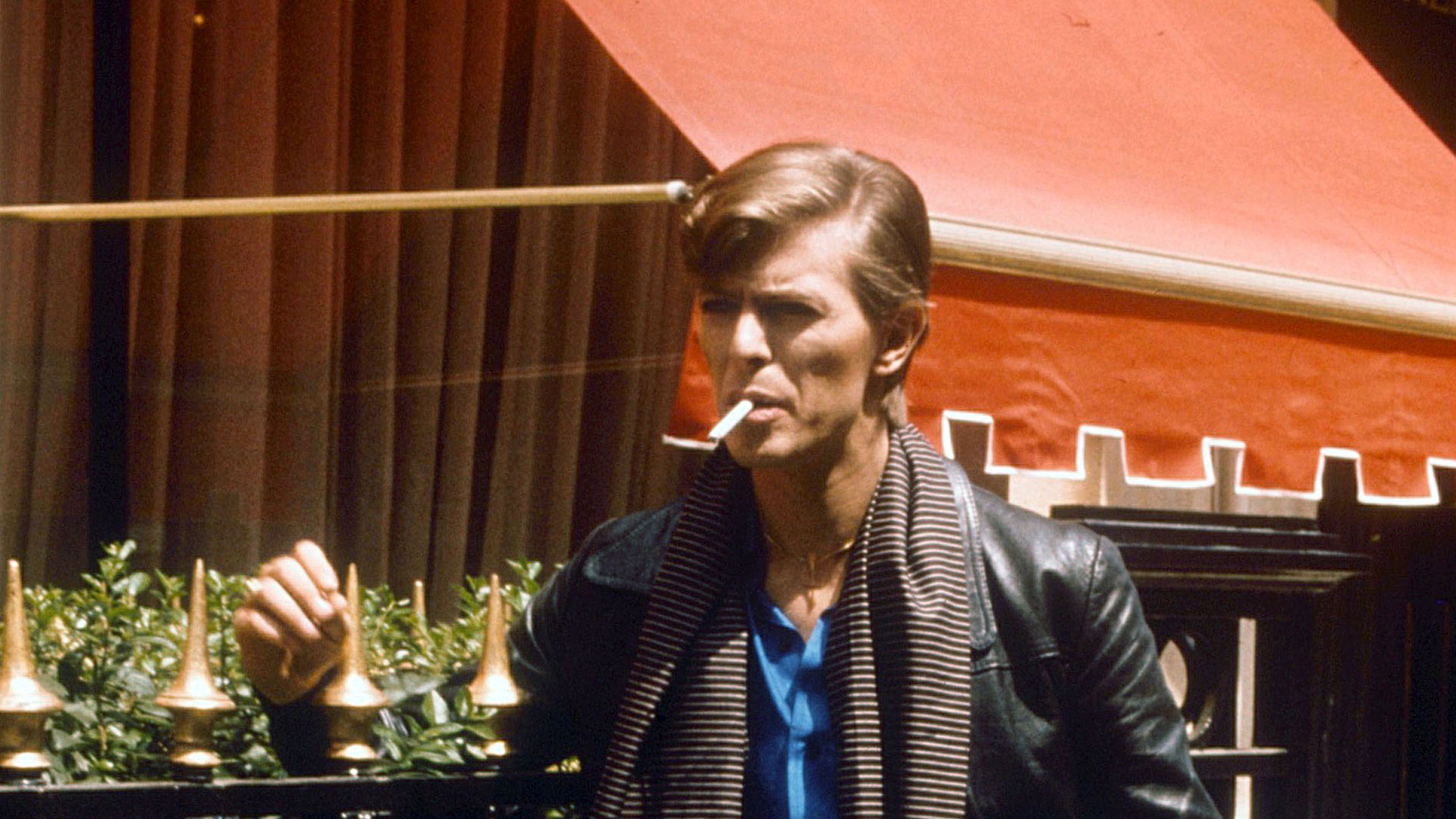Why are we drawn to certain cities? Perhaps because of a story read in childhood. Or a chance teenage meeting. Or maybe simply because the place touches us, embodying in its tribes, towers and history an aspect of our understanding of what it means to be human. Paris is about romantic love. New York means energy. London is at once trendy and hard.
Berlin is all about volatility. Its identity is based not on stability but on change. No other city has repeatedly been so powerful and fallen so low. No other capital has been so hated, so feared, so loved. No other place has been so twisted and torn across five centuries of conflict, from religious wars to the Cold War, at the hub of Europe’s ideological struggle.
Hence history broods in Berlin. Its legends both real and imagined, stalk the streets: Lenin drinks at the same café as David Bowie’s heroes, Wim Wenders’ trench-coated angels wing above torch-lit Nazi processions, Dietrich shops alongside Sally Bowles at KaDeWe, le Carré’s George Smiley watches the packed trains leave for Auschwitz.
I was a young assistant director on a Bowie film, fresh out of film school
I first came to the city because of one of its legends. I was a young assistant director on a Bowie film, fresh out of film school. Bowie wanted to initiate me in the ways of the city, so invited me and others to his favourite transvestite club, the Lützower Lampe.
The club’s star, a 60-year-old drag queen named Viola, sat on my knee and crooned German love songs in my ear: “Schöner Gigolo, armer Gigolo, denke nicht mehr an die Zeiten…”
I’d heard the gossip about Bowie before we met, of course, the stories of a paranoid, egotistical thin white duke who flirted with fascism and the occult. But over the months we worked together I saw only a gentle, articulate, warm and affable man filled with self-effacing good humour, and on the cusp of finding his own true self.









